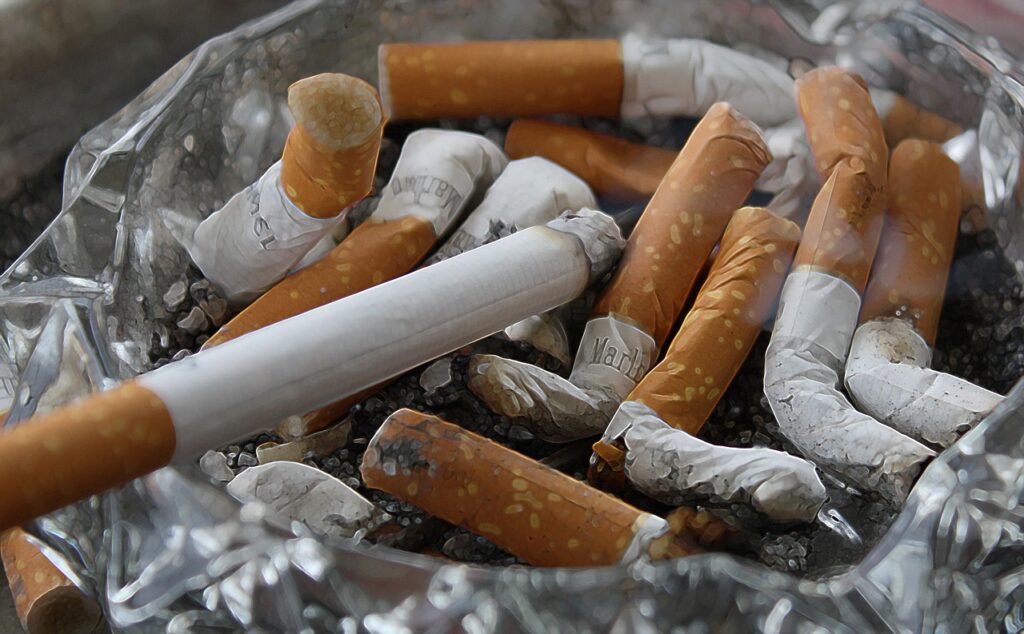Smoking & Health
Smoking is a dangerous, and unfortunately very common, habit that can have serious consequences for your health and the health of those around you. It still remains the leading cause of preventable death, disease and disability in the U.S. Every year there are more than 480,000 deaths due to smoking. Secondhand smoke is a serious health hazard for people of all ages, causing more than 41,000 deaths each year.
It’s important to be aware of the risks associated with smoking and to take steps to protect yourself and others from its harmful effects.
Health Risks Of Smoking
Smoking is a major cause of many health problems, including:
- Lung cancer
- Heart disease
- Stroke
- Respiratory diseases
- Other types of cancer, such as throat, bladder, and pancreatic cancer
Even if you don’t smoke, exposure to secondhand smoke can also have negative health effects, such as:
- Respiratory problems
- Heart disease
- Lung cancer
Quitting Smoking
If you smoke, quitting is the best thing you can do for your health. Talk to your doctor about strategies for quitting smoking, such as nicotine replacement therapy or medication.
- Choose a specific date when you will stop smoking and stick to it. Mark the date on your calendar and tell your friends and family so they can support you.
- Identify your triggers. Common triggers include stress, boredom, and social situations. Once you know your triggers, you can develop strategies to avoid or cope with them.
- Get support. Consider joining a support group, talking to a friend or family member who has quit smoking, or getting professional help from a healthcare provider.
- Use nicotine replacement therapy (NRT)
- Try medication. Certain medications can help reduce cravings and withdrawal symptoms.
- Keep your mind and hands busy to distract yourself from cravings. Try exercising, reading a book, doing a puzzle, or taking up a new hobby.
Remember, quitting smoking is a process and it may take several attempts before you are successful. Don’t get discouraged if you slip up, just keep trying. With the right support and tools, you can quit smoking and improve your health.
Even if you don’t smoke, it’s important to avoid exposure to secondhand smoke as much as possible. You can do this by:
- Asking smokers not to smoke around you or in enclosed spaces
- Avoiding places where people are smoking
- Making sure your workplace has a no-smoking policy, or designated smoking zones in place
Sources
https://www.cdc.gov/tobacco/data_statistics/fact_sheets/fast_facts/index.htm
